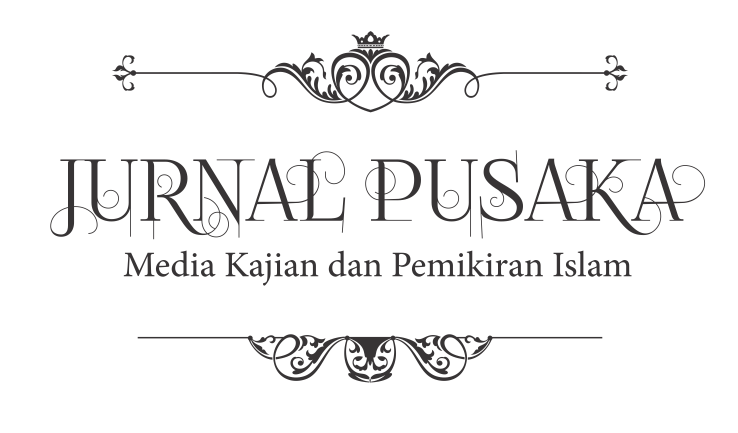MANUSIA DAN ILMU PENGETAHUAN
DOI:
https://doi.org/10.35897/ps.v5i1.107Abstract
This article aims at discussing the correlation between human being and science. Science itself is also defined as the process of thinking to acquire knowledge. As time pasts, the human being has gone through many ways to reveal the truth. Those ways are (1) experience, (2) authority, (3) deductive reasoning, (4) inductive reasoning and (5) scientific approach. A scientific approach is the most appropriate way to seek the universal truth. There are two major ideas regarding the source of the truth. The rationalists say that the truth comes from reasoning (human ratio). Meanwhile, the empirics say that the truth comes from empirical experiences of the human senses. Some other ideas such as the idea of insight vision and intuition are not yet sufficient regarded as the source of the general truth. According to Sidi Gazalba, Science is divided into six (6) categories, namely (1) practical, (2) normative practical, (3) normative positive, (4) ideographic speculative, (5) nomothetic speculative and (6) theoretic speculative. In addition, three are three criteria of the universal truth, namely (1) the theory of coherent, (2) the theory of correspondence and (3) the theory of pragmatism. The scientific methodology is principally a way to arrive at the universal truth which elaborates the deductive and inductive reasoning.
Keywords: Human Being, Science, Knowledge, Scientific Method




